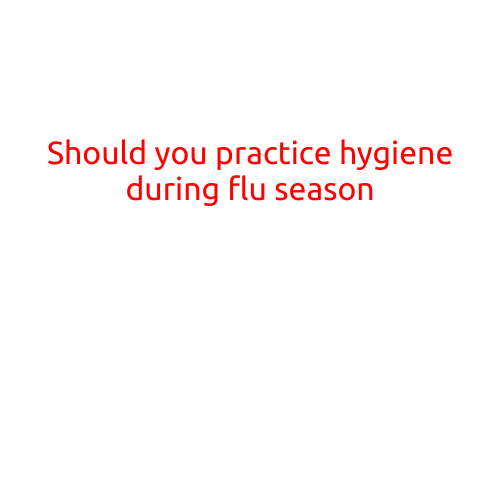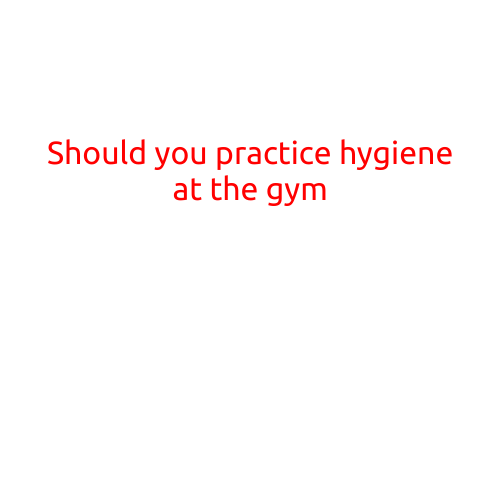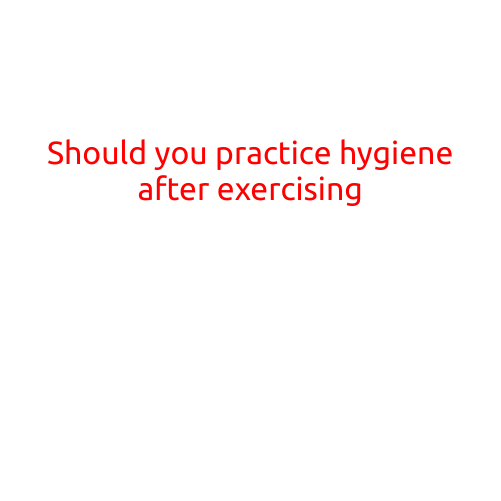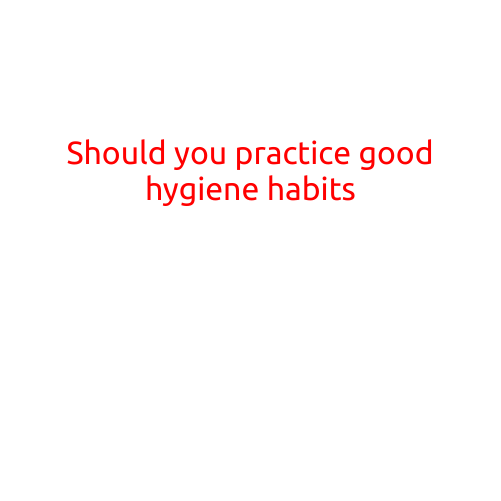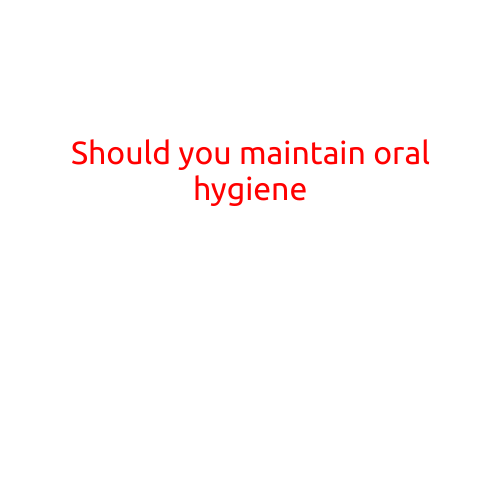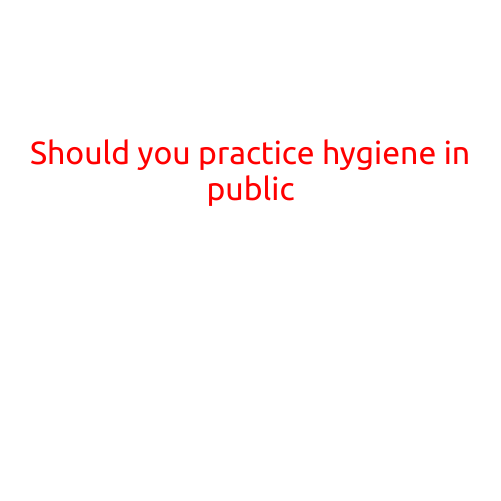
Should You Practice Hygiene in Public?
When it comes to personal hygiene, there’s a fine line between being considerate of others and being overly concerned with one’s own cleanliness. But is it really necessary to practice hygiene in public, or can you get away with being a bit less fastidious? In this article, we’ll explore the pros and cons of being mindful of your personal hygiene in public spaces.
Why Practice Hygiene in Public?
Practicing hygiene in public is not just about personal convenience; it’s also about being considerate of others around you. Here are some reasons why:
- Avoid Unpleasant Odors: Let’s face it, bad body odor can be distracting and unpleasant. When you practice good hygiene in public, you’re less likely to offend those around you with your scent.
- Prevent the Spread of Illness: Good hygiene practices, such as washing your hands frequently and covering your mouth when you cough, help prevent the spread of illnesses.
- Boost Self-Esteem: When you feel clean and fresh, you’re more likely to feel confident and self-assured, which can have a positive impact on those around you.
What Are the Benefits of Poor Hygiene in Public?
On the other hand, not practicing hygiene in public can have some significant drawbacks:
- Infectious Diseases: When you don’t wash your hands frequently or cover your mouth when you cough, you increase the risk of spreading illnesses to others.
- Unpleasant Odors: Failing to practice good hygiene can lead to unpleasant body odors that can bother those around you.
- Social Repercussions: Poor hygiene can lead to social repercussions, such as people avoiding you or feeling uncomfortable around you.
How Can You Practice Hygiene in Public?
So, how can you strike a balance between being considerate of others and not being too self-conscious about your personal hygiene? Here are some tips:
- Wash Your Hands Frequently: Wash your hands with soap and water for at least 20 seconds, especially after using the bathroom, before eating, and after blowing your nose, coughing or sneezing.
- Cover Your Mouth: When you cough or sneeze, cover your mouth with a tissue or your elbow. Avoid covering your mouth with your hands, as this can spread germs.
- Use Deodorant or Antiperspirant: Use deodorant or antiperspirant to help manage body odor and prevent sweating.
- Carry Wet Wipes: Carry wet wipes with you to quickly clean your hands or face if you don’t have access to soap and water.
Conclusion
In conclusion, practicing hygiene in public is essential for maintaining a positive and healthy environment. By washing your hands frequently, covering your mouth when you cough or sneeze, and using deodorant or antiperspirant, you can show respect for those around you and yourself. Remember, good hygiene is not just about personal convenience; it’s also about being considerate of others and preventing the spread of illnesses. So, take a few extra minutes each day to practice good hygiene in public and reap the benefits of a fresher, healthier you.
